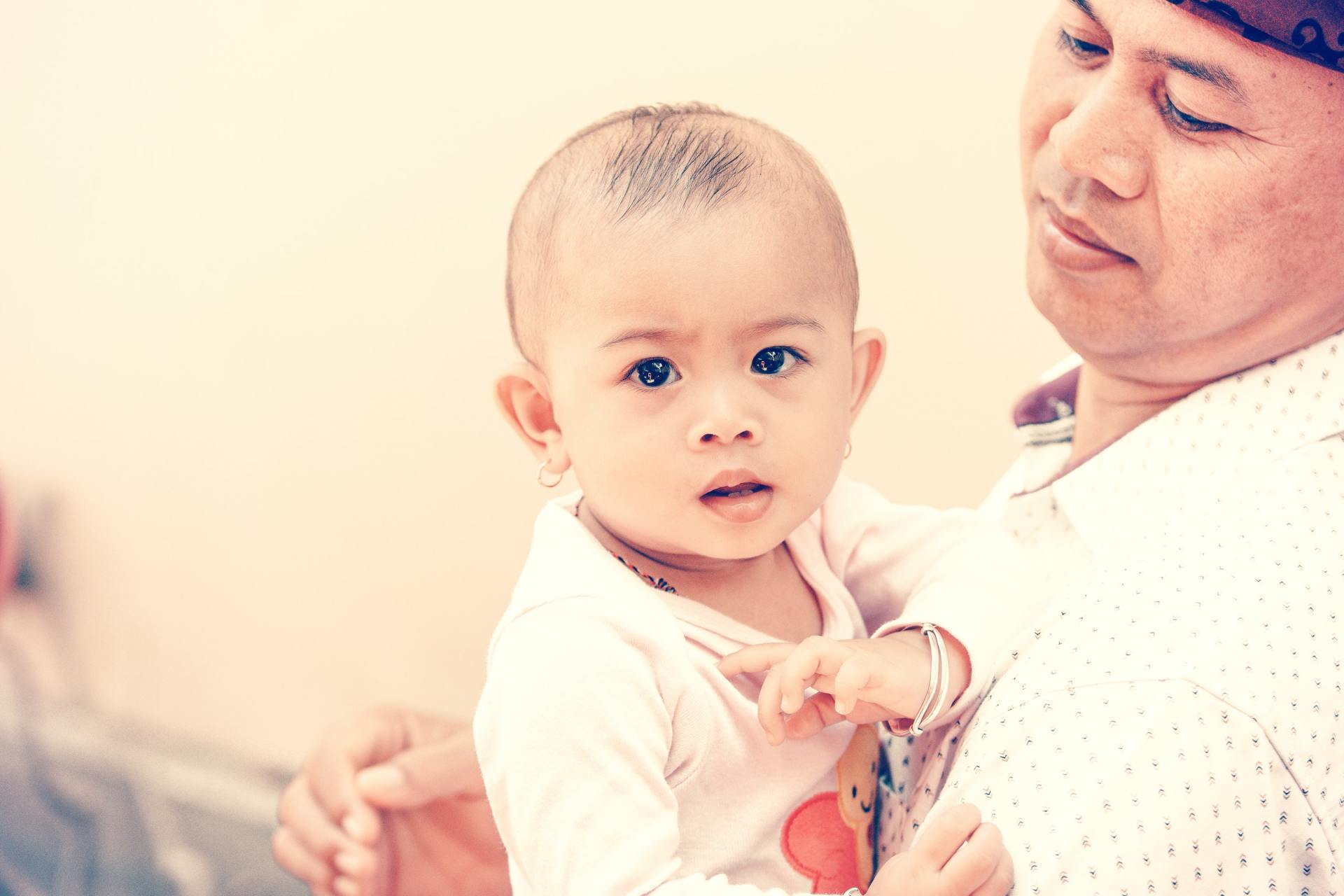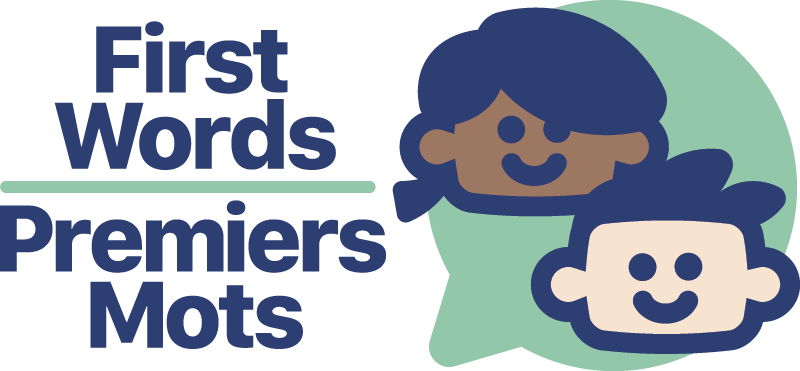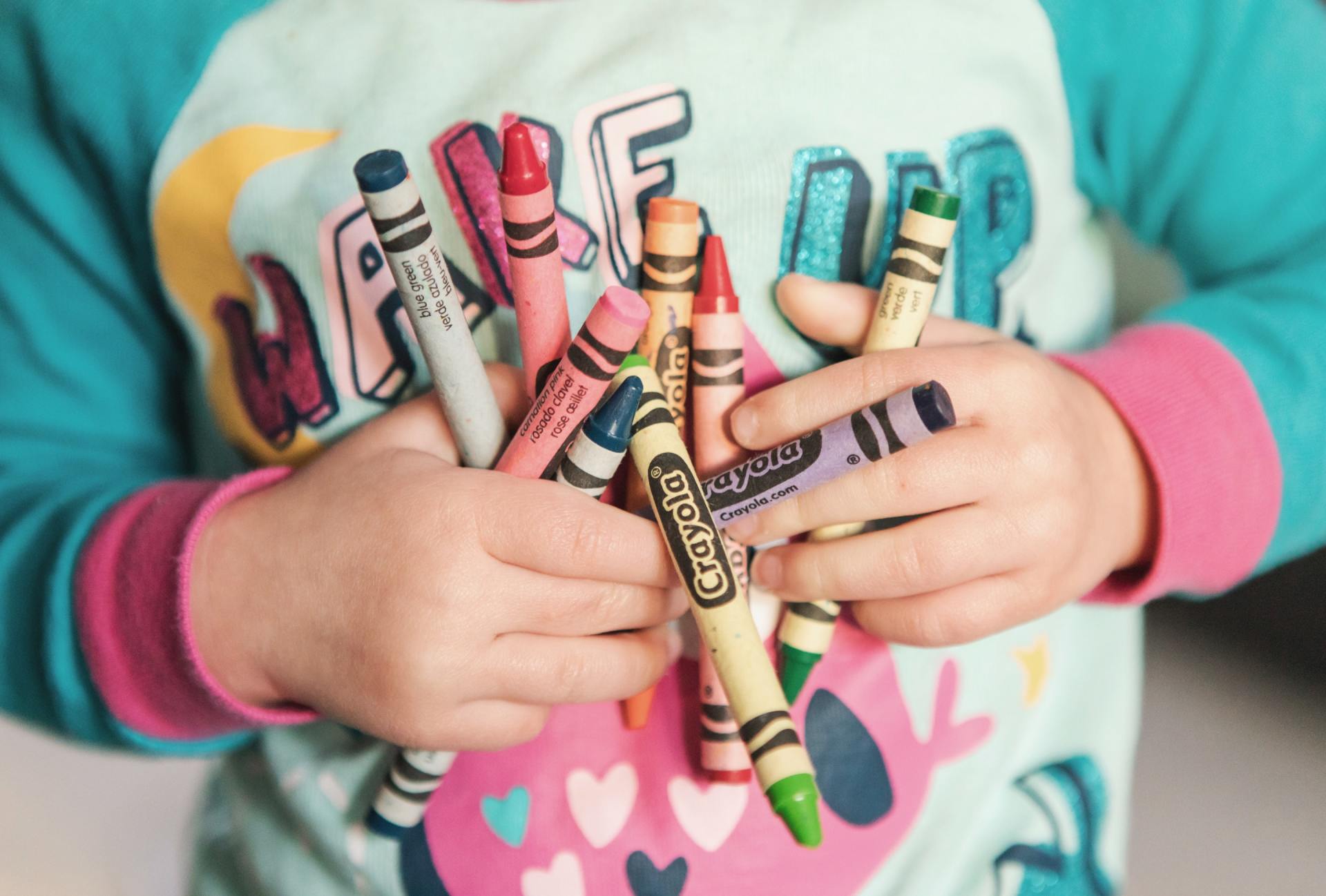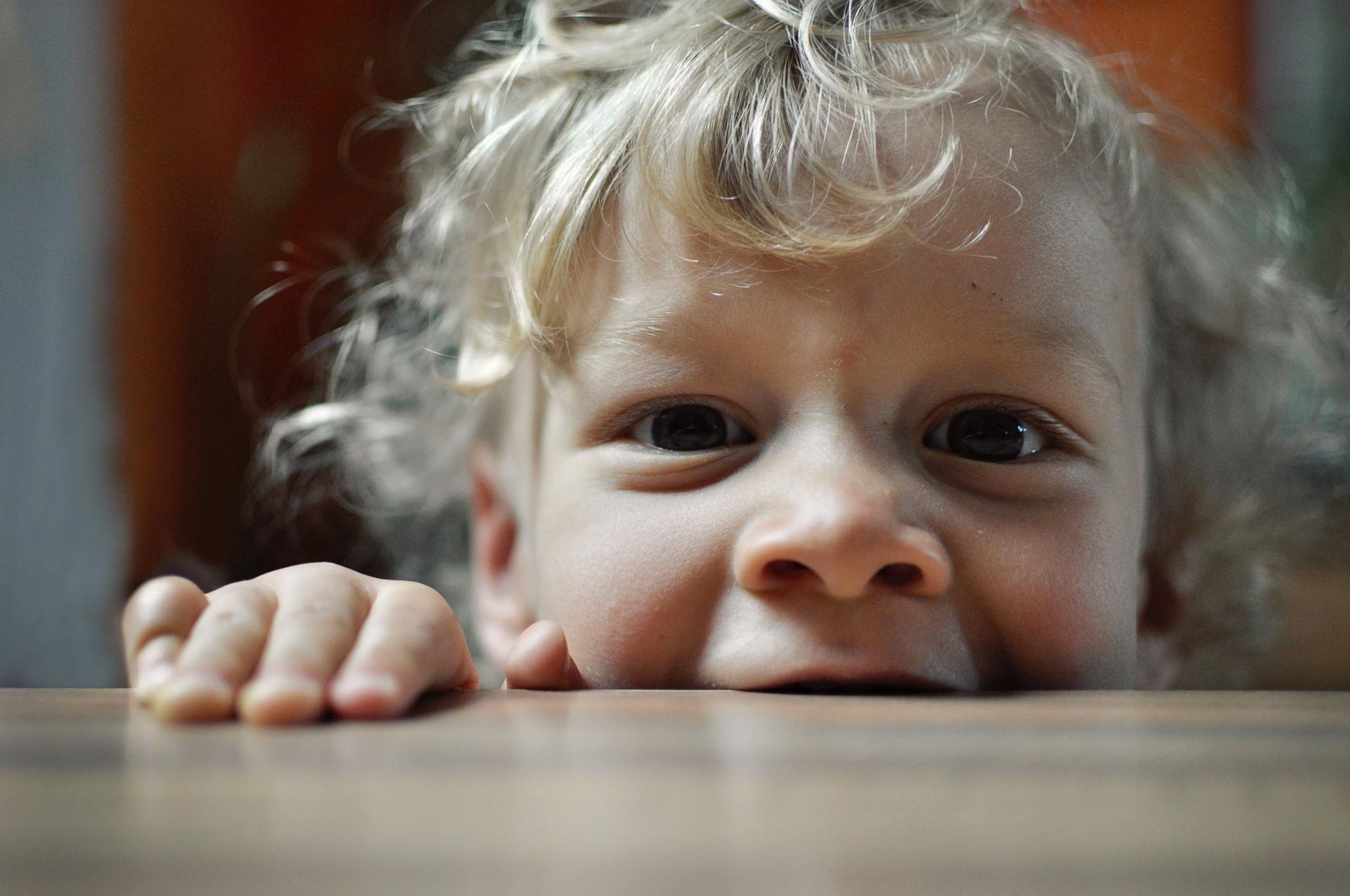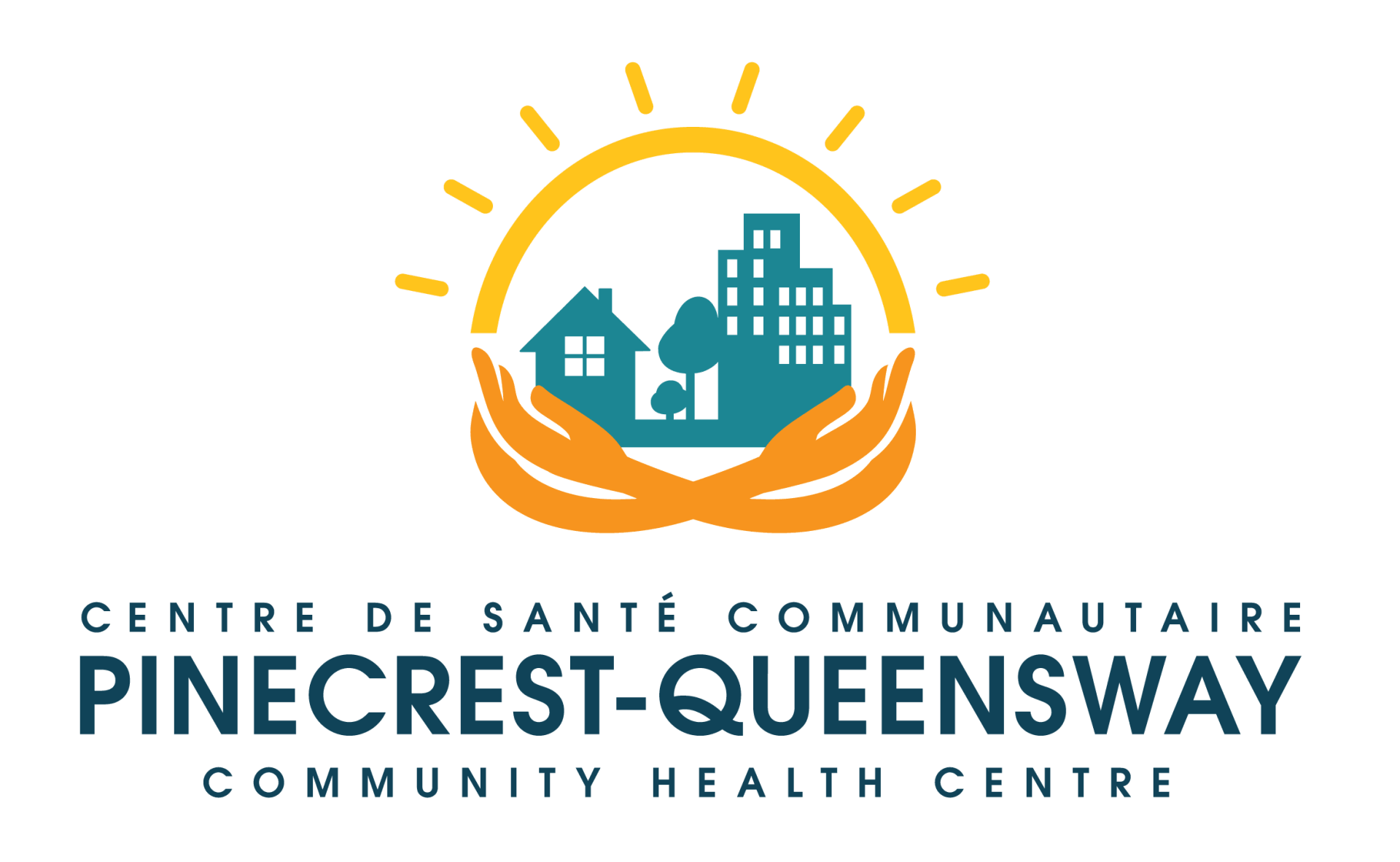Using Songs To Promote Language Development
Songs build language. They help children make sounds, talk, move, listen, follow directions and remember new words especially when repetition and actions are part of the songs. Singing can be done anywhere - in the car, in the bath, on a walk.
WHEN YOU SING:
- Get the interaction going – Be face to face. Use an animated voice. Add sounds, gestures, actions and words. Pause and wait to see if your baby wants to hear the song one more time. Look for wiggles or giggles – that’s your cue to keep it going (e.g. “Pat-a-Cake”, “Head and Shoulders”).
- Build it up - Start slowly to help your child learn the words and actions more easily. Once they know the song, speed it up and make it fun (e.g. “Itsy Bitsy Spider”). Later, change the song to catch your child’s interest (e.g. “Old MacDonald had a zoo…). Let your child add the words (e.g. “And at the zoo, he had … a lion).
- “Play it again Sam” - Repetition helps your child learn new words, understand new concepts and learn the full sentences of a song. If they want to hear the same song (e.g. “London Bridge”) one more time, don’t be afraid to start over.
- Take turns - Get your child to join in and take their turn by clapping their hands, banging on a kitchen pot or dancing while you sing. Once they know the song well, stop and wait. They can fill in the blanks and sing the missing words (e.g.“You are my sunshine, my only ____, you make me____ when skies are grey”).
SING SONGS:
- About your child - Make up a song about them using a familiar tune. It can be about something they did, a toy they like or an activity you are doing together (e.g. use the melody of “Twinkle, Twinkle, Little Star” for “Splash, splash, Time for a bath, Get undressed and hop on in…”).
- During daily routines - It will help your child learn everyday words. It can make a difficult routine more enjoyable for everyone (e.g. “This is the way we wash our hands”, “Tidy up time….”).
- With actions - Show them the movements that go with the action words of the song. Help them do the actions by doing it “hand-over-hand”. (e.g.. “Wheels on the bus”, “If you’re happy and you know it”, “Skinnamarink”).
- To pave the way to early literacy – Nursery rhymes are the stepping stones. Later, focus on rhyming songs (e.g. “Down by the Bay”, “Apples and Bananas”) or on songs with the letters of the alphabet (e.g. “ABC song”, “B-I-N-G-O” song).
- Related to your culture - Sing traditional songs in your first language. Take time to explain new words and talk about the story behind the song.
